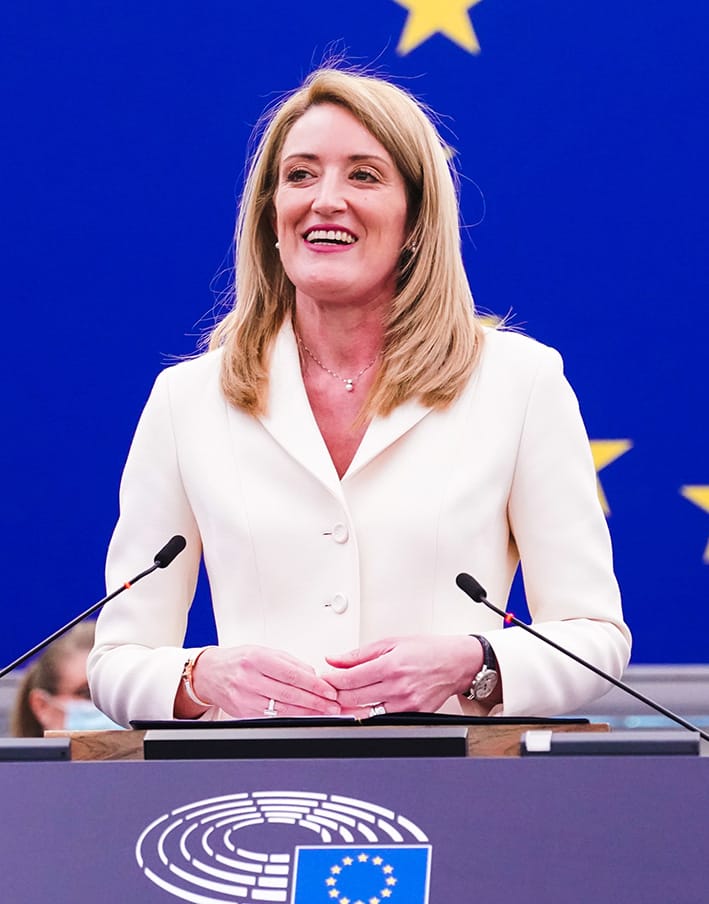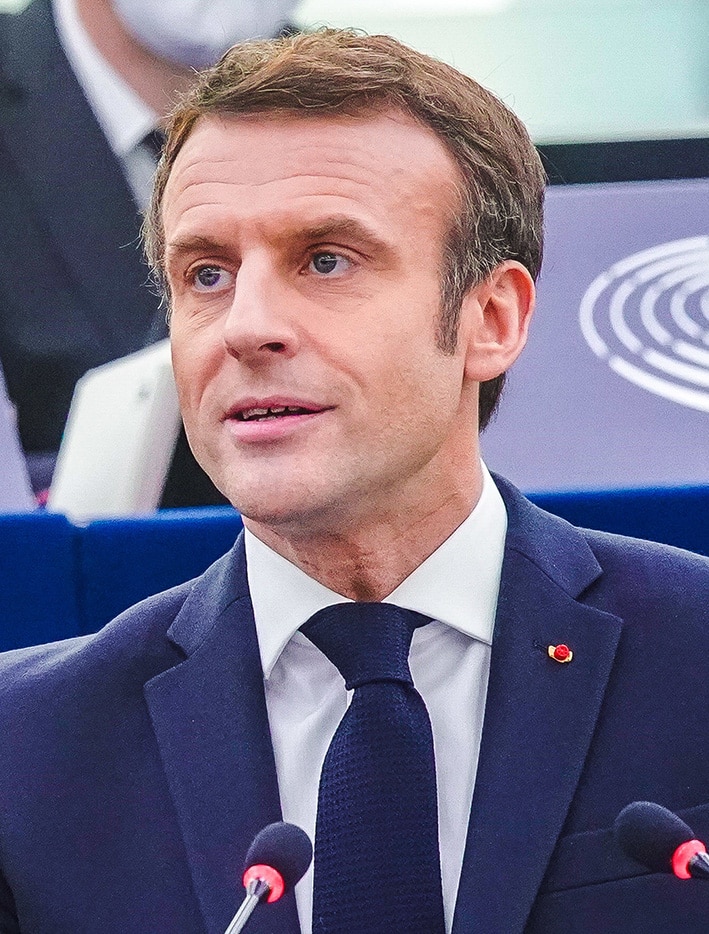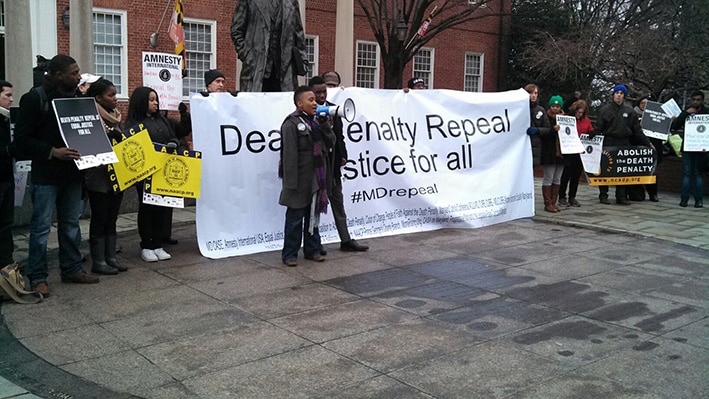
Having a pro-life position on abortion could sadly be a career liability in the European parliament.
However at the same time, the parliament has continued to emphasise the right to life in its charter, but only as far as one other pro-life matter is concerned: that of the death penalty.
This double-standard was very much on display last week after the election of a new president of the European Parliament who had previously prided herself on her position against abortion.
When quizzed by reporters at her first media conference, Maltese MP Roberta Metsola from the Christian Democrats, emphasised that during her presidency she will represent the European Parliament’s position on the issue.
Having a prolife position could sadly be a career liability in the European Parliament.
Ms Metsola had consistently supported pro-life resolutions since her election to the parliament in 2013, representing a country where abortion is illegal.
A lawyer and mother of four children, 43 year old Roberta Metsola has made history as the youngest ever president of the European Parliament, the first Maltese citizen to be elected and the first woman to hold that position in two decades.
While her election has been greeted in her homeland, with The Times of Malta praising it as a victory for women, giving hope to those struggling to break through the glass ceiling, her pro-life stance on abortion was immediately treated with suspicion by global media giants like the BBC and CNN.
And perfectly timed to coincide with Roberta Metsola’s election, French President Emmanuel Macron called for abortion to be added to the EU Charter of Fundamental Rights, saying an urgent review was needed of the charter, which had been ratified over 20 years ago.
Article 2 of the Charter emphasises that “everyone has the right to life” and that “no-one shall be condemned to the death penalty or executed”. The clause makes no reference to abortion or indeed to euthanasia.
President Macron’s call for a clause to be inserted into the charter on abortion rights comes after the European Parliament voted in June 2021 in support of a report which described abortion as “essential healthcare” and which condemned medical practitioners who refused to perform such procedures based upon a conscientious objection.

The report from the EU parliament’s Committee on Women’s Rights and Gender Equality urged all EU Member States to decriminalise abortion and to remove and combat obstacles to legal abortion. The report went as far as describing a total ban on abortion care or denial of abortion care as a form of gender-based violence.
The report takes a critical stance on medical practitioners and on some occasions entire medical institutions for refusing to provide abortion procedures on the grounds of conscientious objection, arguing this risks endangering womens’ lives and rights.
The same report calls on EU member states to ensure that women are not denied access to abortion during the circumstances of the COVID-19 pandemic and to recognise abortion care as urgent, rejecting all limitations in accessing it.
Members of the EU assembly voted by 378 in favour, 255 against and 42 abstentions to adopt the text of the report at a plenary session in Brussels in June.
Malta and Poland are currently the only EU Member states which do not permit abortion on demand or broad social grounds.
As Catholics, we are called to protect the sanctity of all human life from the moment of conception to natural death.
Statements from church leaders, including Pope John Paul II and Pope Francis have condemned all attacks on the sanctity of life, whether that be abortion, euthanasia or the death penalty. It is morally wrong then to set one standard for a pro-life issue such as the death penalty, but not to acknowledge the right to life of the unborn child or the right to those most at risk under euthanasia laws.
At a Mass in the United States state of Missouri in 1999, Pope St John Paul II described the death penalty as “cruel and unnecessary”, calling for a consensus to end the practice and emphasising that “the dignity of human life must never be taken away, even in the case of someone who has done great evil”.

In 2018, Pope Francis went as far as revising the paragraph on the death penalty in the Catechism of the Catholic Church to describe the death penalty as “an attack on the inviolability and dignity of the person” that is “inadmissible” in all cases.
It is important to recognise that Church teaching and papal documents equally condemn all other attacks on the sanctity of life, including abortion and euthanasia.
The Catechism of the Catholic Church (2270) emphasises that “from the first moment of his existence, a human being must be recognised as having the rights of a person- among which is the inviolable right of every innocent being to life”.
The Catechism similarly condemns euthanasia as “morally unacceptable” (2277), describing it as constituting a “murder gravely contrary to the dignity of the human person and to the respect due to the living God, his Creator”. Recent events in the European Parliament are a sad reminder that political leaders around the world with a pro-life position on important issues such as abortion may be too willing to abandon their principles for the sake of advancing their personal careers.
Related Articles:
Tale of an abortion tragedy: stop it now – and get a life
A tragedy in every way: a US death penalty story
